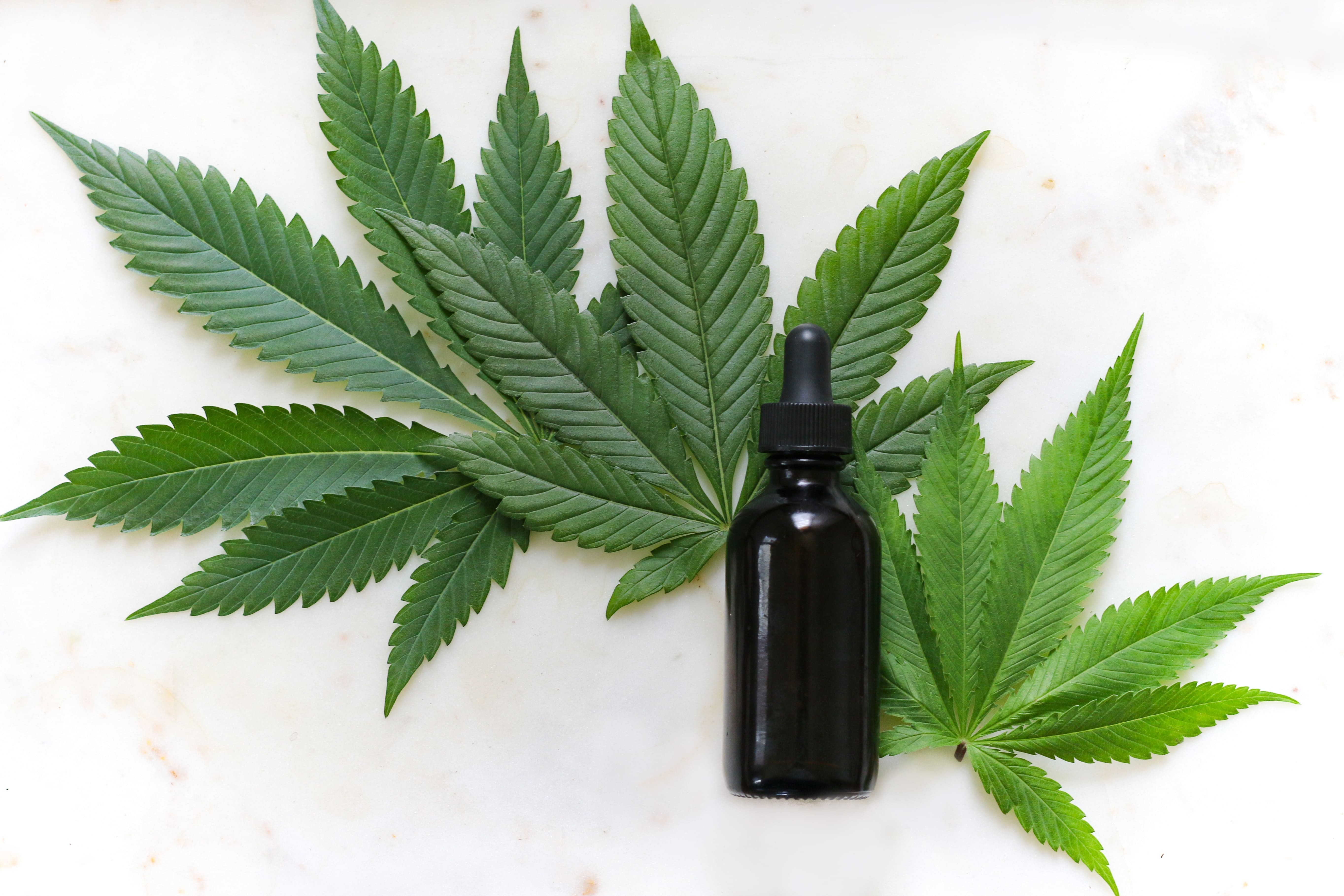Politics
Alaska Will Regulate Hemp-Derived Cannabinoid Products Through Marijuana Control Board

“If you want intoxicating cannabinoids, you should visit your local friendly marijuana retailer.”
By James Brooks, Alaska Beacon
The state of Alaska has approved new regulations on inexpensive cannabis-like products derived from hemp, sometimes referred to as “diet weed.”
The new changes mean intoxicating hemp-derived products will have to be regulated by the state’s marijuana control board, an act that will see them removed from vape shops and other unregulated stores across the state.
Some nonintoxicating products will also be affected by the changes. So-called “full-spectrum” hemp products intended to help with epilepsy and pain include a variety of cannabinoids, including some now restricted by the state’s industrial hemp program. Manufacturers will have to either extract and combine specific chemicals in isolation or seek approval through the marijuana regulatory process, adding time and expense.
The new regulations were signed by Lt. Gov. Nancy Dahlstrom (R) last week and will take effect November 3.
Members of the state’s legal marijuana industry championed the changes and said they will close a safety loophole that allowed intoxicating, cannabis-like drugs to be sold to underage Alaskans and without the taxes applied to cannabis.
“If you want intoxicating cannabinoids, you should visit your local friendly marijuana retailer,” said Brandon Emmett, co-chair of Gov. Mike Dunleavy’s task force on recreational marijuana, which recommended the change earlier this year.
Hemp businesses, which vocally opposed the change, say that Alaska’s marijuana industry is more interested in extinguishing a competitor.
“Their interest isn’t about protecting the children. It’s about protecting their dollars,” said Danny Ferguson of Anchorage-based Primo Alaska.
“I have well over 13,000 [hemp-derived] edibles in stock at my store. I have no way to sell them in Alaska before November,” he said.
At issue are changes to the state’s industrial hemp program.
Under a 2018 federal law and a state law adopted two years ago, cannabis plants that contain less than 0.3 percent THC—a common psychoactive chemical—are considered hemp. Plants with more than that amount are considered marijuana, and tightly regulated.
But even though hemp contains low concentrations of psychoactive chemicals, those chemicals can be extracted, processed and refined into intoxicating products.
Because those products don’t come from the state’s marijuana industry, they can be sold at vape shops, gas stations and other stores. Marijuana products can only be grown and sold by specially licensed vendors.
Hemp-derived products also are taxed at much lower rates than marijuana, and they can be bought by Alaskans under 21 years old, the minimum age to buy marijuana in Alaska.
“I really think this was an unintended consequence,” said Joan Wilson, director of the Alaska Alcohol and Marijuana Control Office, which regulates marijuana in the state.
The state marijuana board directed Wilson to cooperate with the Alaska Department of Natural Resources—which regulates hemp and hemp products—on the new regulations, and the marijuana industry also urged the state to act and clamp down on hemp products.
The new regulations were as high a priority for the marijuana industry as changes to the marijuana tax system, said Ryan Tunseth, president of the Alaska Marijuana Industry Association, a trade group.
“For one, it keeps intoxicating products out of the hands of minors, which is a big thing,” he said, “and two, it makes sure that if you are selling intoxicating products, that you’re following all the same regulations that Alaskans expect, and [the state] is able to capture tax revenue from that.”
Hemp-product manufacturers, like Ferguson, say they’ve spent large sums of money to set up their businesses, only to see the state change the rules.
He’ll be able to continue selling his products in other states—he sells to retailers in Texas, for example—but many Alaska manufacturers are just getting started and will likely go out of business. So might store retailers who rely on hemp products to make ends meet, he speculated.
While they could become regulated like marijuana businesses are, Ferguson said the cost and complexity means that won’t happen.
He said he believes the Department of Natural Resources improperly cooperated with the marijuana industry and marijuana regulators, and he expects the hemp industry to get organized and resist the changes.
“We’re coming after them to sue them,” he said.
Wilson said other states have seen similar lawsuits after changing their hemp rules, but she believes Alaska is in a good position to defend itself because it’s not making hemp-derived products illegal; they simply have to be licensed like marijuana.
This story was first published by the Alaska Beacon.
New Alaska Rules OK Free Marijuana Samples And Relax Rules On Advertising
Photo courtesy of Kimzy Nanney.




